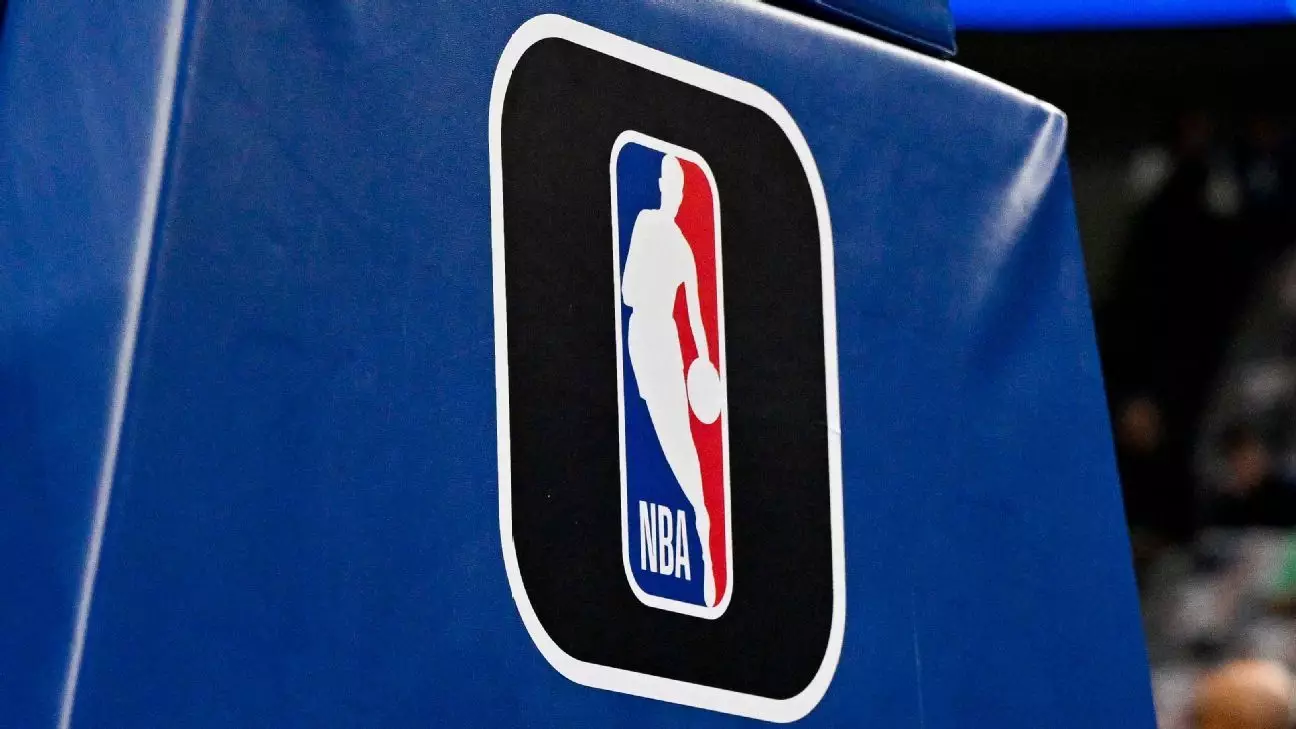The world of professional basketball is often filled with thrilling games, high-profile trades, and moments of intense competition. However, behind the scenes, legal disputes can erupt, leading to dramatic showdowns that captivate fans and legal observers alike. The ongoing legal saga between the Toronto Raptors and the New York Knicks exemplifies this tension, as the NBA prepares for an arbitration hearing meant to resolve serious allegations of misconduct.
The conflict began in August 2023, when the New York Knicks filed a lawsuit against the Toronto Raptors, claiming the theft of thousands of confidential files. This legal action accused the Raptors of poaching Ikechukwu Azotam, a former employee of the Knicks, and coercing him into providing sensitive information about team strategies and operations. According to the Knicks, this supposed breach of trust constituted not just a violation of ethical standards but also represented an unfair competitive advantage for the Raptors.
The Knicks have long sought resolution and have turned to NBA Commissioner Adam Silver for arbitration. This was partly due to a ruling from a New York judge, who deemed Silver the appropriate authority to oversee the dispute. However, the Knicks raised concerns about Silver’s ability to impartially adjudicate the case, given his close relationship with Raptors’ governor Larry Tanenbaum. This conflict of interest raises questions about the fairness of the proceedings and complicates the dynamics of internal NBA governance.
The legal complaint details a series of serious accusations. The Knicks argue that Azotam, who served in various roles within their organization between 2020 and 2023, played a pivotal role in sharing private documents with the Raptors—documents they claim include detailed play frequency reports and scouting files. These allegations paint a picture of a meticulously orchestrated plan by the Raptors to bolster their competitive edge within the league by accessing proprietary information that was never intended for public dissemination.
Moreover, the Knicks have alleged that the Raptors’ actions disrupt the integrity of the league, suggesting that such behavior, if left unchecked, could pave the way for an erosion of trust among teams. If other teams follow suit, the competitive balance that the NBA strives to maintain may be jeopardized, leading to an uneven playing field where information theft becomes a strategy for success rather than one built on athleticism and talent.
Contrarily, the Raptors have vehemently defended themselves against these accusations, labeling them as “baseless” and a “public relations stunt.” They assert that the information in question is mostly from public sources and should not be classified as proprietary or confidential. This defense reflects a broader argument often made in the legal realm—what constitutes fair use of publicly accessible information? The Raptors’ position challenges the implications of the Knicks’ lawsuit, suggesting that the nature of the information handling does not cross the line into unlawful territory.
Furthermore, by calling for Silver’s arbitration, the Raptors seem to be seeking a swift resolution to clarify the boundaries of acceptable conduct in professional basketball. This could set a precedent for how similar cases are approached in the future. They argue that all NBA teams must be careful in navigating the murky waters of data use and employment practices to prevent future conflicts of this nature.
Interestingly, this lawsuit between the Raptors and Knicks is notable not just for its content but also for its rarity in the NBA landscape. Historical examples of legal disputes between teams are almost nonexistent. The only significant precedent involves a conflict dating back to 1977, between the Knicks and the New Jersey Nets, where team relocations were at stake. This current case marks a significant development; it centers on basketball operations, which has rarely been the subject of formal legal battles.
The implications of the outcome from the upcoming arbitration hearing extend beyond these two franchises. They could reshape the way NBA teams interact regarding internal strategies and knowledge-sharing practices.
As the arbitration date approaches, the basketball community watches closely, acknowledging that the resolution of this case could have lasting ramifications for trust and transparency within the league. This unique intersection of sports and law serves as a reminder that even in the world of professional athletics, integrity and ethics are always at play—not just on the court, but off it as well. With high stakes for both teams, the proceedings promise to be as thrilling as any game played on hardwood.


Leave a Reply